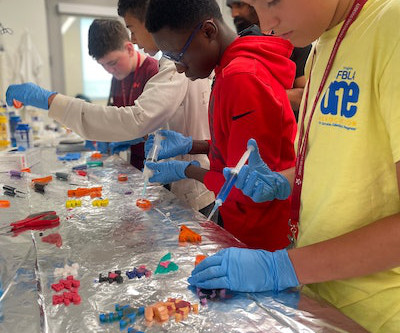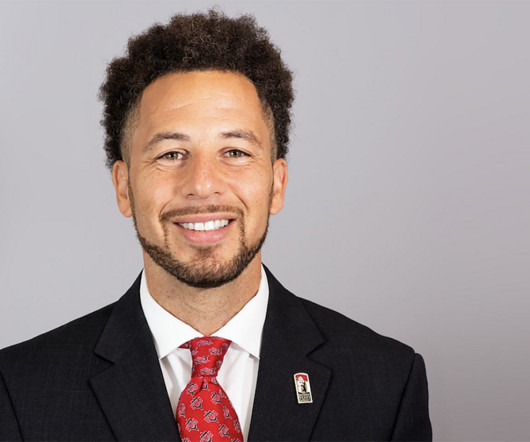Empowering Community Colleges Through AI: A New Era of Access and Economic Mobility
Diverse: Issues in Higher Education
DECEMBER 4, 2024
The evolution of how end-users obtain and utilize information spurred a new movement in education that LeiLani Cauthen described in her 2017 book, The Consumerization of Learning. Of those enrolled for credit-based instruction, 43% are White, 28% are Hispanic, 12% are Black, and 6% are Asian/Pacific Islander.












Let's personalize your content